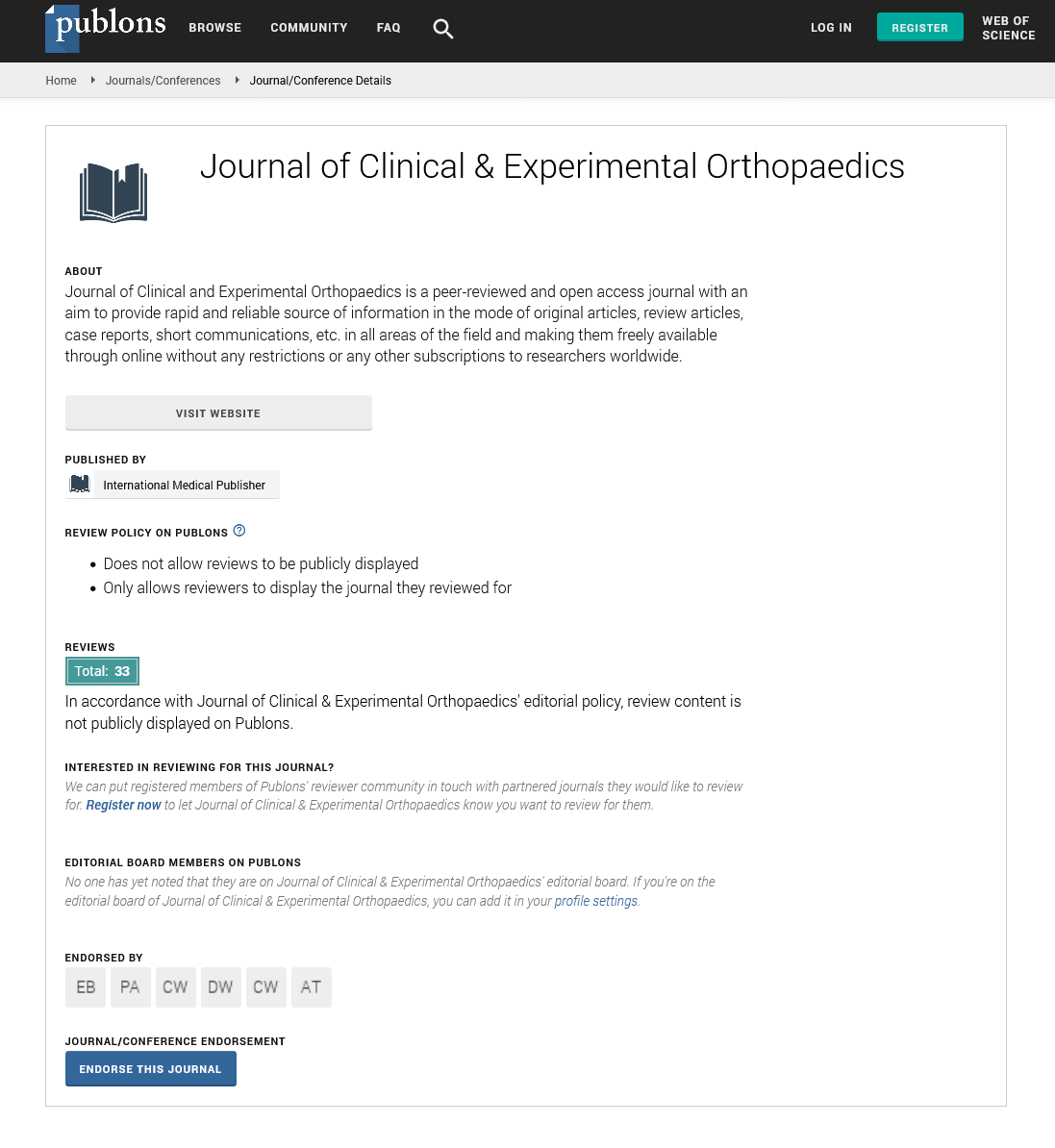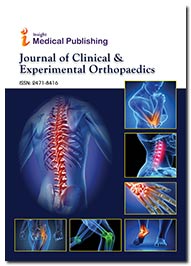Abstract
Heart-track" internal organ rehabilitation device image designed for exercise coaching post coronary revascularization
Percutaneous Coronary Intervention (PCI) could be a common surgery for coronary failure patients.International tips advocate that every one patients complete section 2 (outpatient) internal organ rehabilitation (CR) once PCI, because it plays a crucial role in reducing five-year vas mortality and also the risk of cardiovascular-related hospital admission. Patients in our establishment have suboptimal exercise compliance and effectiveness throughout internal organ rehabilitation. Root cause analysis known ‘lack of commitment’, ‘lack of care observation and continuity’ and ‘lack of motivation and engagement’ to be key causative factors. Yet, aid resource limitations necessitate innovation for care continuity and patient engagement. "Heart-track", a novel, app-based innovation was created. By ‘gameifying’ internal organ rehabilitative exercise educational program, "Heart-track" guides and tracks internal organ rehabilitation reception at patient’s comfort To explore experiences of app usability in terms of content, practicality and style of the paradigm “Hearttrack” app to enhance user expertise. Twelve community-dwelling adults WHO also are active member of internal organ rehab support cluster, aged higher than fifty, and undergone coronary revascularization for acute myocardial infarct a minimum of one year before were recruited. Participants were introduced to “Heart-Track” mobile app system and its direction characteristics with standardized directions. every participant then performed a selfdirected internal organ rehabilitation session mistreatment the app. Participants rated their expertise with the hardware and computer code elements of “Heart Track”, and their acceptance of it as a internal organ rehabilitation tool. Descriptive analysis of quantitative responses was analysed mistreatment IBM SPSS Twelve participants (1 female), 68.08 ±5 years recent were enclosed. All participants had no hurting or shortnessof breath at rest or throughout activity once recruited. 91.7% had participated in standard internal organ rehabilitation programs. there have been 3 participants (25.0) WHO had no web connections; still, eleven of them used a smartphonewith thirty three.3% among them had used for over 10 years. Among the eleven participants WHO used smartphone, therewere eighty three.3% of them used mobile application furthermore, and over 1/2 them used mobile application but ten years. it absolutely was determined that the engagement mean score, practicality mean score and Aesthetics mean score of the Mobile Application Rating Scale (MARS) were equal or over 3 in average (Mean (SD) for Engagement mean score: three.17 (0.44), practicality mean score: three.46 (0.47); Median (IQR) for Aesthetics mean score: three.00 (1.00)), indicating a fairly regeneration for the 3 several sections. it absolutely was additionally fascinating to ascertain that there have been 2 participants reportable that they might not advocate the appliance to anyone, whereas the remainder would advocate the appliance to a minimum of few individuals or additional WHO may take pleasure in it. For the system, though majority of the participants united that the appliance was simple to be told, there have been three participants WHO felt that the computer code was troublesome to be told. most of them will navigate the appliance simply (91.7%). it absolutely was fascinating to ascertain that there have been virtually equal proportion on the participants WHO united and disagreed that the appliance was pleasurable (agree vs disagree: fifty eight.3% vs 41.7%), the organisation interfaces was clear (agree vs disagree: thirty three.3% vs 66.6%) and that they may recover simply once error was created (agree vs disagree: fifty eight.3% vs 41.7%). The overallsatisfaction with Heart-Track is a pair of.85/5. seventy fifth of the participants united that the app helped them to exercise at higher intensity. On average, every participant vie four sessions among every week. Majority of participants responded favorably and located the computer code simple to use. Majority founds application was simple to be told, however, the app interfaces and error recovery ought to be additional improved. evidently, participants’ responses were neutral for overall satisfaction. Despite this, most of the participants reportable that they wererather comfy mistreatment the mobile application for exertion, and that they additionally united that the application had helped them to exercise at the next intensity. This pilot study helps America perceive however healthy, Asian older adults understand the utilization of novel innovative applications like “Heart-Track”. Overall response to hardware and computer code options of “Heart-Track” was favourable. additional analysis of participants’ qualitative feedback would be valuable for paradigm refinement of “Heart Track”, before our coming clinical study. additional demographic analysis will facilitate America determine what reasonably patient is appropriate and prefers to use innovative applications
Author(s):
Eng Neoh Ashton
Abstract | PDF
Share this

Google scholar citation report
Citations : 161
Journal of Clinical & Experimental Orthopaedics received 161 citations as per google scholar report
Journal of Clinical & Experimental Orthopaedics peer review process verified at publons
Abstracted/Indexed in
- Google Scholar
- China National Knowledge Infrastructure (CNKI)
- Directory of Research Journal Indexing (DRJI)
- WorldCat
- Publons
- Geneva Foundation for Medical Education and Research
- Secret Search Engine Labs
Open Access Journals
- Aquaculture & Veterinary Science
- Chemistry & Chemical Sciences
- Clinical Sciences
- Engineering
- General Science
- Genetics & Molecular Biology
- Health Care & Nursing
- Immunology & Microbiology
- Materials Science
- Mathematics & Physics
- Medical Sciences
- Neurology & Psychiatry
- Oncology & Cancer Science
- Pharmaceutical Sciences


